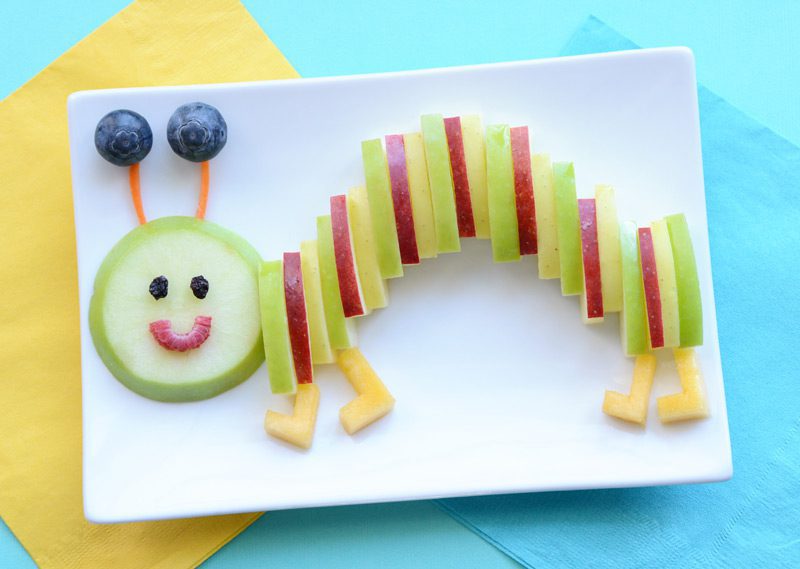
Rather than treating food as a reward, let’s emphasize nutrition as fuel.
Every time I turn around there is an event that involves offering sweets to children. More often than not, these unhealthy treats are given out in school, sports parties, classroom celebrations and fundraisers, birthday parties and more.
I am all for the occasional indulgence, but I wish we could all find other ways to mark these occasions and incentivize our children. We talk about moderation and balance with these goodies but these celebrations have me thinking, again, about the message we are sending our children.
- Visit choosemyplate.gov for resources and tools for dietary assessment along with nutrition education for you and your family.
- See more about the free nutrition, cooking, and cultural programming for low-income children that Common Threads provides at commonthreads.org.
These lessons need to be taught, reinforced, and modeled at school, where students spend a large part of their time. Adults, teachers and leaders need to realize the importance of those roles. We are responsible for modeling healthy behavior and habits for our children. They are watching. According to the American Heart Association, “Children who eat healthy foods and get daily physical activity have fewer school absences, higher academic achievement, higher self esteem, and fewer behavior problems.”
According to research by Bridging the Gap, a research program of the Robert Wood Johnson Foundation, “Among elementary school students, fundraisers and bake sales are significant additional sources of unhealthy foods. Several major studies have linked competitive foods and beverages with excess calorie consumption and obesity among school-age children.”
The United States Department of Agriculture (USDA) created proposed regulations designed to “improve the health and well-being of the nation’s children, increase consumption of healthful foods during the school day and create an environment that reinforces the development of healthy eating habits.” Still, no regulations are placed on school fundraisers, class prizes and birthday treats in class.
Here’s my take:
Food is a basic right to fulfill a basic need and shouldn’t be seen as a reward.
Unfortunately, food is often used as a reward at home and in schools in the form of something sugary. This could mean in low-income, food-insecure communities that students are given a sweet treat (soda, candy, doughnuts, etc.) as a reward when they haven’t even eaten breakfast. The use of sweets in this way creates possibility for high-caloric consumption coming from non-nutritional foods. With all of the efforts in place to provide healthy food to low-income students and teach nutrition education, it seems contradictory to reward them with junk food. The USDA Food and Nutrition Services promotes this type of treat as a “sometimes food.” In many instances students are having these “sometimes” foods much more frequently. When children are given these sugary treats as rewards, they might start to place a higher value on foods high in calories, fat and sugar.
Food should be enjoyed during mealtime or snack time to fulfill nutritional needs and bring people and families together.
Mealtime can be so much more than food. It’s about communication, engagement and socialization. Spending time together over a meal nourishes the body and the soul. When kids fill up on treats at odd times, they are less likely to bring an appetite to the dinner table, disrupting the ritual of a family meal. When schedules are interrupted, children often turn to snacking instead of eating regular meals. Studies have shown that enjoying a meal together with loved ones is associated with academic achievement, reduced risk of obesity and more.
Reward of food encourages eating when you are not hungry.
Children will often eat a reward or treat when presented the option, regardless of whether they are truly hungry or not. This can condition children to ignore their body’s hunger cues, an important part of developing healthy eating habits. Food as a reward can encourage bad habits and habits become ways of life. We should eat and view food as sources of energy and fuel, treating our bodies like the people we love. This will lead to making choices that help us live healthy and feel good.
Food as a reward promotes extrinsic rewards versus intrinsic values.

In order for children to develop emotionally and cognitively, we need to teach them to be goal-oriented and intrinsically motivated. If we want to help children grow into adults that will be fulfilled, contributing members of society, they will need to work for non-external rewards. The goal should be more than having obedience in the short term; we need to help them become empowered, lifelong learners.
Experts agree that food should not be used as a reward. We see the dangers playing out in front of us on a daily basis.
I’m certainly guilty of using food in these ways in my own life and it is clear to me that relationships with food are complex. Being mindful of the struggle and working to break these habits are good places to start.












